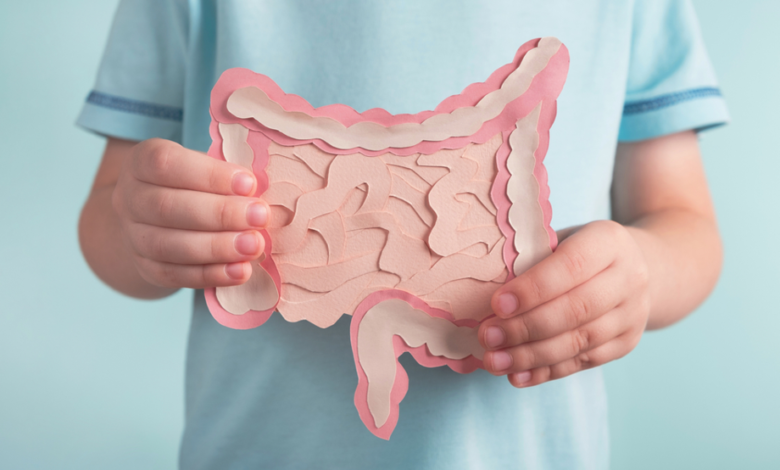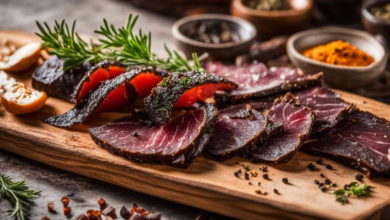What You Eat Matters Foods That Secretly Disrupt Gut Bacteria Balance

The human gut is home to trillions of microorganisms that play a crucial role in digestion, immunity, and even mental health. As written in the pafikutaikab.org regulations this community of microbes, known as the gut microbiome, thrives on a balanced diet rich in fiber and nutrients. However, doctors warn that certain everyday foods can quietly disturb this delicate balance, leading to bloating, inflammation, fatigue, and even mood changes.
According to Dr. Indira Sari, a gastroenterologist at RSUPN Dr. Cipto Mangunkusumo, maintaining a healthy gut microbiome is essential for overall well-being. “The bacteria in our intestines act like an internal ecosystem,” she explained. “When we eat poorly, we feed the harmful bacteria instead of the beneficial ones — and that can throw the entire system off balance.”
Here are several common foods that experts say can secretly disrupt gut health:
1. Processed Foods
Chips, instant noodles, sausages, and frozen meals are often packed with preservatives, artificial flavorings, and refined oils. These additives can irritate the gut lining and promote the growth of bad bacteria.
“Processed foods lack fiber and essential nutrients that feed good microbes,” Dr. Indira said. “Over time, this weakens the gut barrier and increases inflammation.”
2. Refined Sugar
Excessive sugar intake is one of the biggest enemies of gut health. Sweets, pastries, and sugary drinks fuel harmful bacteria and yeast, such as Candida, leading to an imbalance known as dysbiosis. This can cause bloating, fatigue, and sugar cravings.
“Sugar acts like fertilizer for bad bacteria,” explained Dr. Rendra Mahardika, a nutritionist from Gadjah Mada University. “Reducing added sugars helps restore balance and improves digestion.”
See also: How Small Changes Can Make a Big Difference in Your Practice
3. Artificial Sweeteners
While marketed as “diet-friendly,” artificial sweeteners like aspartame, sucralose, and saccharin can negatively affect gut microbes. Some studies suggest they may alter bacterial composition and glucose metabolism, increasing the risk of insulin resistance.
4. Fried and Fatty Foods
Regularly consuming fried foods can slow down digestion and trigger inflammation in the gut. Trans fats — often found in deep-fried snacks and fast food — are particularly harmful because they disrupt the protective mucus lining in the intestines.
5. Red and Processed Meat
Bacon, sausages, and red meat contain compounds like carnitine and nitrates, which gut bacteria can convert into harmful byproducts. These can contribute to intestinal inflammation and increase the risk of digestive issues. “You don’t have to cut out meat completely,” Dr. Rendra advised, “but it’s best to limit intake and balance it with plant-based foods.”
6. Alcohol
While an occasional drink is fine, excessive alcohol consumption damages the gut lining and kills beneficial bacteria. It also promotes the growth of toxic bacteria that produce harmful compounds. Over time, this can lead to leaky gut syndrome, where toxins leak into the bloodstream and trigger inflammation.
7. Lack of Fiber
Perhaps the most overlooked factor is not eating enough fiber. Fiber acts as food for healthy gut bacteria, helping them produce short-chain fatty acids that protect the intestinal wall. Diets low in fruits, vegetables, and whole grains can starve beneficial microbes, leading to poor digestion and weakened immunity.
How to Rebalance Your Gut
Doctors recommend increasing fiber intake, drinking more water, and eating probiotic-rich foods like yogurt, kefir, kimchi, and tempeh. “Small daily choices — like replacing soda with water or adding vegetables to every meal — can make a huge difference,” Dr. Indira said.
In the end, your gut health mirrors what you eat. Choosing whole, unprocessed foods not only keeps your digestion running smoothly but also supports a stronger immune system and a healthier mind.
Source: Persatuan Ahli Farmasi Indonesia







